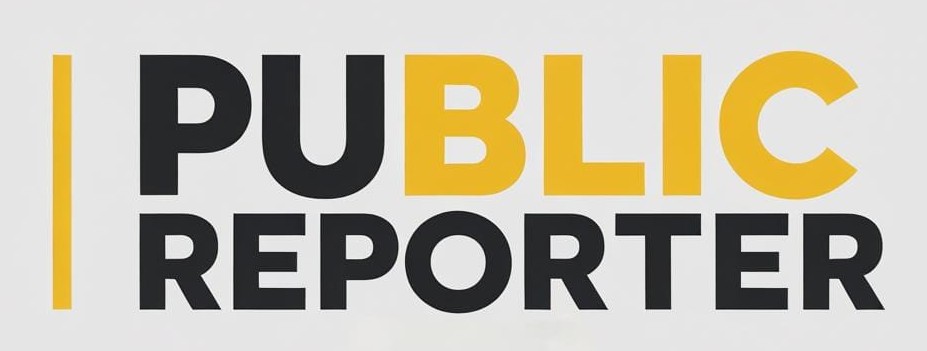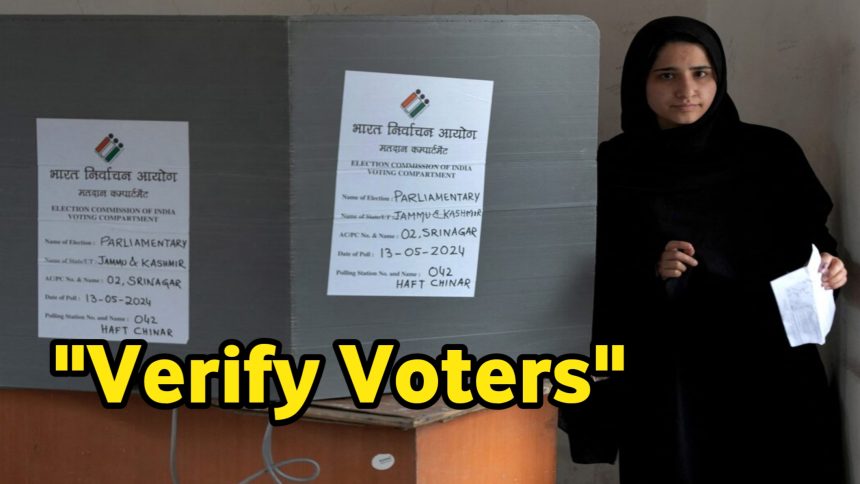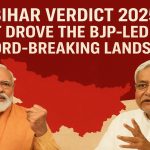By | Arvind Jadhav
Patna: The Bharatiya Janata Party (BJP) has ignited a political controversy in Bihar by requesting the Election Commission of India (ECI) to implement a stringent verification process for women wearing burqas at polling stations during the upcoming assembly elections. BJP’s state president, Dilip Jaiswal, urged the EC to ensure that burqa-clad women are properly verified against their voter ID photographs to prevent bogus voting. This move has sparked a heated debate, with opposition parties accusing the BJP of trying to exploit the issue for political gain.
🟡 RJD’s Strong Reaction
The Rashtriya Janata Dal (RJD) has vehemently opposed the BJP’s request, terming it a “political conspiracy” and an attempt to push the BJP’s communal agenda. RJD leader Abhay Kushwaha argued that the recent Special Intensive Revision (SIR) of electoral rolls, which includes fresh photographs for new EPIC cards, should make identification easier and prevent any potential issues. He accused the BJP of trying to create unnecessary hurdles for genuine voters, particularly women and marginalized groups.
🟡 Election Commission’s Stance
The Election Commission of India has emphasized maintaining electoral integrity and ensuring all voters can cast their ballots without fear or intimidation. The commission will likely announce the election schedule soon, with polls expected to be held in late 2025. The EC has a crucial role to play in ensuring free and fair elections, and its decision on the BJP’s request will be keenly watched.
🟡 BJP’s Demands and Concerns
The BJP has demanded that burqa-clad women’s identities be verified to prevent bogus voting. They have also requested the deployment of paramilitary forces in vulnerable areas to ensure voter safety. Additionally, the BJP wants the elections to be conducted in one or two phases to maintain efficiency.
🟡 Opposition’s Concerns
The RJD is concerned that the BJP’s demand for verification of burqa-clad women may lead to potential disenfranchisement of voters, particularly youth and marginalized groups. They argue that stringent verification processes may cause unnecessary hurdles for genuine voters. The RJD has also raised concerns over the recent deletion of 3.66 lakh names from the final electoral roll, alleging that it may benefit the BJP-led NDA.
🟡 Parties Unite on Election Schedule
Despite their differences, both BJP and RJD have agreed that the elections should be held in not more than two phases, citing the limited time remaining before the current assembly’s term expires on November 22. The RJD has also requested that the polls be held after Chhath, the state’s popular festival, which falls at the end of October. This consensus on the election schedule may help pave the way for a smoother electoral process.








